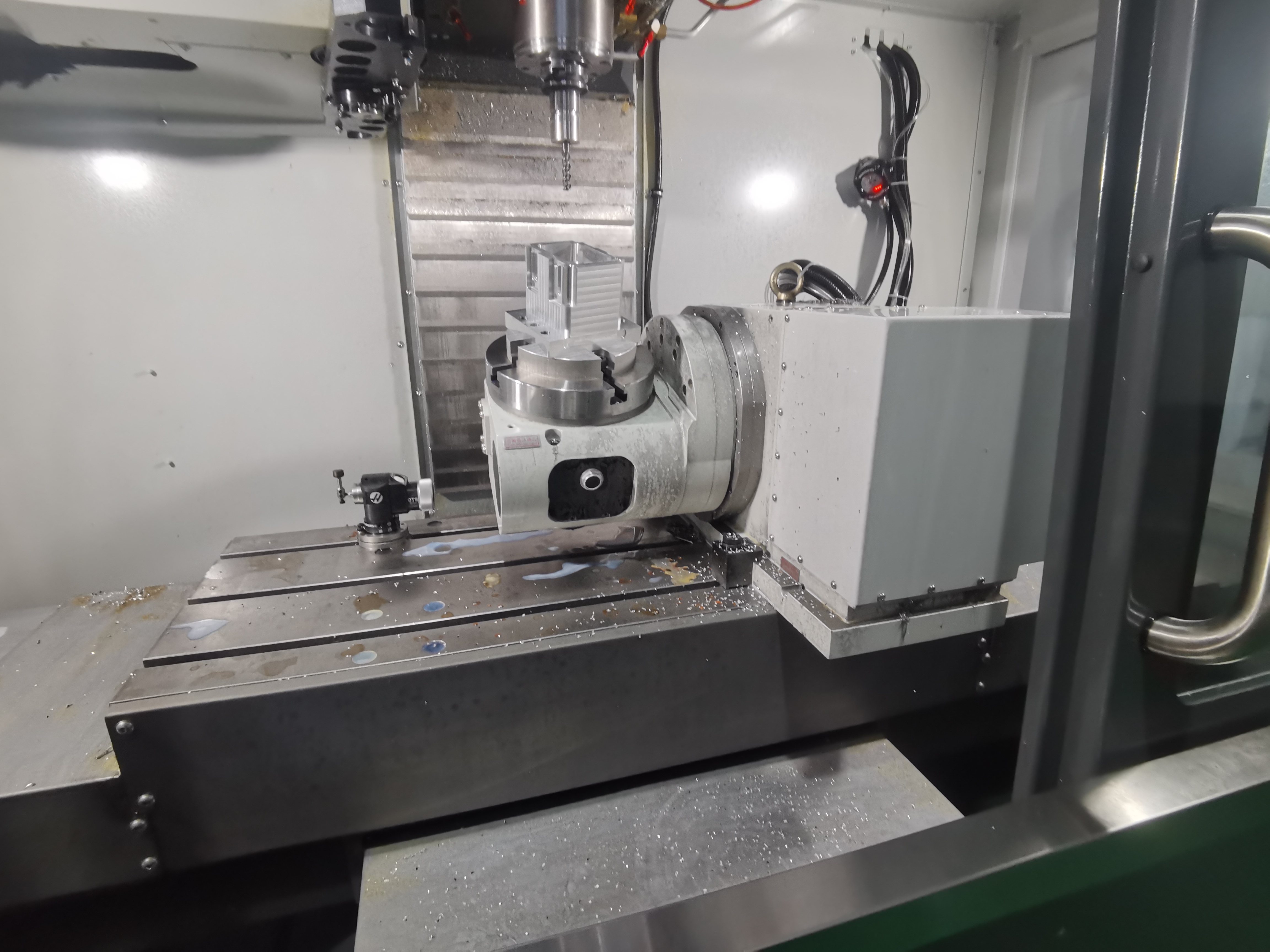Time to read: 6 min

Discover the vast array of types of drilling machines and their applications in the manufacturing industry. This guide delves into the world of drilling technology, from handheld drills to advanced CNC models, and how they enhance precision and efficiency in various industries.
In the realm of mechanical engineering and manufacturing, the types of drilling machines play a crucial role in creating holes in materials ranging from metals to plastics. These machines come in various forms, each tailored to specific tasks, and are essential for achieving precision in manufacturing. Let's explore the different types of drilling machines, their uses, and how they contribute to the industry.
Understanding the Drilling Machine
A drilling machine is fundamentally designed to hold a drill bit or cutter rigidly and guide it along the spindle axis to create the required holes. Some machines move the workpiece instead of the cutter, while others are capable of moving both. The speed of these machines is adjustable to accommodate different materials, cutter types, and the desired precision and surface quality of the hole. The feed rate can be manually or automatically adjusted, depending on the machine's complexity.
Drilling machines can be stationary, mounted on a concrete floor or worktable, portable, or designed for freehand use. A typical simple drill press features a manually positioned workpiece that is secured by hand or clamped in a vice, which may or may not be attached to the table.
Applications of Drilling Machines
Drilling machines are versatile tools capable of cutting blind holes or through-holes in a variety of materials. They can handle everything from metals like titanium, steel, and aluminum to machinable ceramics and engineering plastics. Here are some common applications:
- Drilling: For creating simple, parallel-sided holes of varying sizes in a workpiece.
- Reaming: To achieve precise diameter and roundness in a hole, essential for making a running fit for a shaft.
- Countersinking: To create a beveled or tapered edge at the hole's throat to accommodate a fastener head.
- Tapping: To cut a thread into the hole's wall using a tap with vertical or spiral flutes.
- Boring: To expand an existing hole, often necessary when a large drill cannot effectively cut at its tip.
- Counterboring: To create a step in the hole's diameter to fit fasteners with shouldered heads.
How Drilling Machines Operate
Drilling machines use an electric motor connected to a spindle to rotate a cutting tool and drive it into the workpiece. The workpiece must be securely held to prevent damage from spinning. Retention methods vary from simple clamping to sophisticated X-Y moved vices and work chucks.
Most drilling machines have a vertical spindle, but some are designed for horizontal drilling. The angle of the quill can often be adjusted to drill holes at various angles, expanding the machine's versatility.
Types of Drilling Machines
Drilling machines come in many forms, from basic workshop tools to specialized devices for specific applications:
- CNC Drilling Machine: Offers high precision and repeatability through computer-controlled motors.
- Sensitive Drilling Machine: Manually controlled for low-volume drilling of smaller diameter holes.
- Upright Drilling Machine: More robust with power feed for heavy-duty applications.
- Gang Drilling Machine: Features multiple independent columns for successive operations.
- Deep-Hole Drilling Machine: Designed for holes with a high diameter-to-depth ratio.
- Multiple-Spindle Drilling Machine: Performs multiple drilling operations in one setup.
- Portable Drilling Machine: Ranges from small hand drills to larger industrial devices.
- Micro Drill Press: For making very small holes with precision.
- Turret-Type Drilling Machine: Performs multiple operations without tool changes.
Conclusion
This guide has provided an overview of the various parts, types of drilling machines, and their uses. At Unofactory, we offer a broad range of manufacturing services, including CNC machining and drilling, to meet all your prototyping and production needs. Visit us at www.unofactory.com for an instant quote on your next project.




